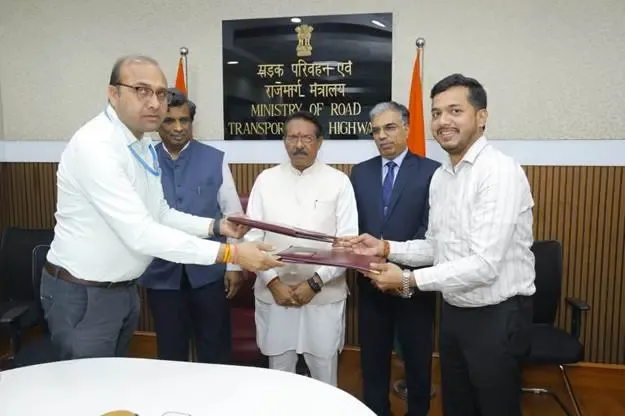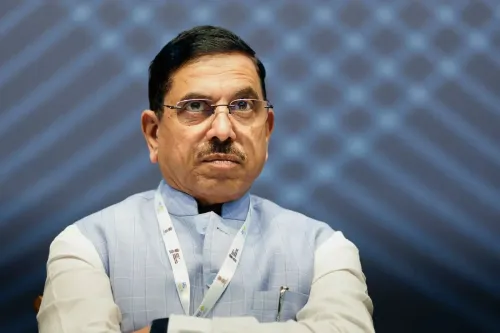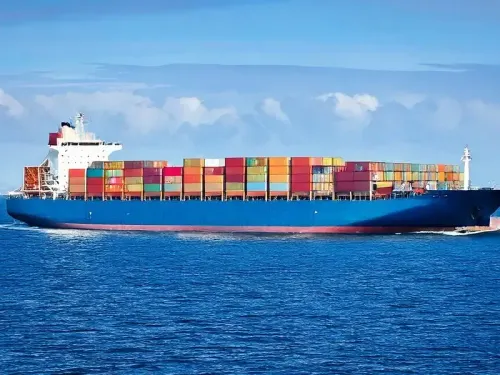How are SECI and NHAI Collaborating for a Sustainable Delhi-Saharanpur-Dehradun Highway?

Synopsis
Key Takeaways
- MoU signed between SECI and NHAI for solar power plants.
- Initiative aims to reduce carbon footprint on highways.
- Aligns with India's net-zero emissions goal by 2070.
- Utilizes innovative methods for environmental sustainability.
- Comprehensive SOP issued to mitigate highway construction pollution.
New Delhi, Nov 10 (NationPress) In a pivotal move towards Prime Minister Narendra Modi's vision of achieving net zero emissions by 2070 and fostering renewable energy and sustainable growth, the Solar Energy Corporation of India Limited (SECI) and the National Highways Authority of India (NHAI) signed a Memorandum of Understanding (MoU) on Monday to establish solar power plants.
This partnership entails the installation of solar energy facilities along the elevated segment of Package-1 (Delhi Portion) of the Delhi-Saharanpur-Dehradun highway in the initial phase.
The MoU seeks to advance renewable energy projects on highway infrastructure, utilizing solar energy to enhance highway operations and minimize the carbon footprint.
This groundbreaking initiative will produce clean energy while serving as a benchmark for sustainable infrastructure development.
The MoU was signed in the presence of Harsh Malhotra, Minister of State for Corporate Affairs and Road Transport and Highways.
Malhotra emphasized that the MoU reflects the government’s dedication to promoting renewable energy and sustainable practices, and the collaboration between SECI and NHAI will lead to innovative, eco-friendly solutions for highway infrastructure.
He mentioned that by harnessing solar energy, this project aims to diminish greenhouse gas emissions, contributing to a cleaner environment. It will also illustrate the viability of integrating renewable energy with infrastructure expansion, setting a precedent for future ventures.
The minister added that this alliance showcases both SECI and NHAI's commitment to a sustainable future, aligning with the government’s agenda of enhancing renewable energy usage and reducing carbon emissions.
Earlier this month, to foster cleaner environments for National Highway users and adjacent communities, NHAI proactively issued a comprehensive Standard Operating Procedure (SOP) to its field offices in Delhi-NCR aimed at mitigating air pollution from highway construction and related activities.
The directives apply to all completed and ongoing highway segments in Delhi-NCR overseen by NHAI, offering a systematic approach to tackle air pollution attributed to vehicle emissions, road dust, and construction activities, as reported by the Ministry of Road Transport & Highways.
According to the ministry’s statement, the extensive SOP provides a detailed framework addressing issues like “Mitigating Pollution on Constructed National Highways” utilizing mechanized road sweeping machines, enhancing median and loop interchanges through regular plantation, and applying the “Miyawaki” method to establish forests alongside highways.










